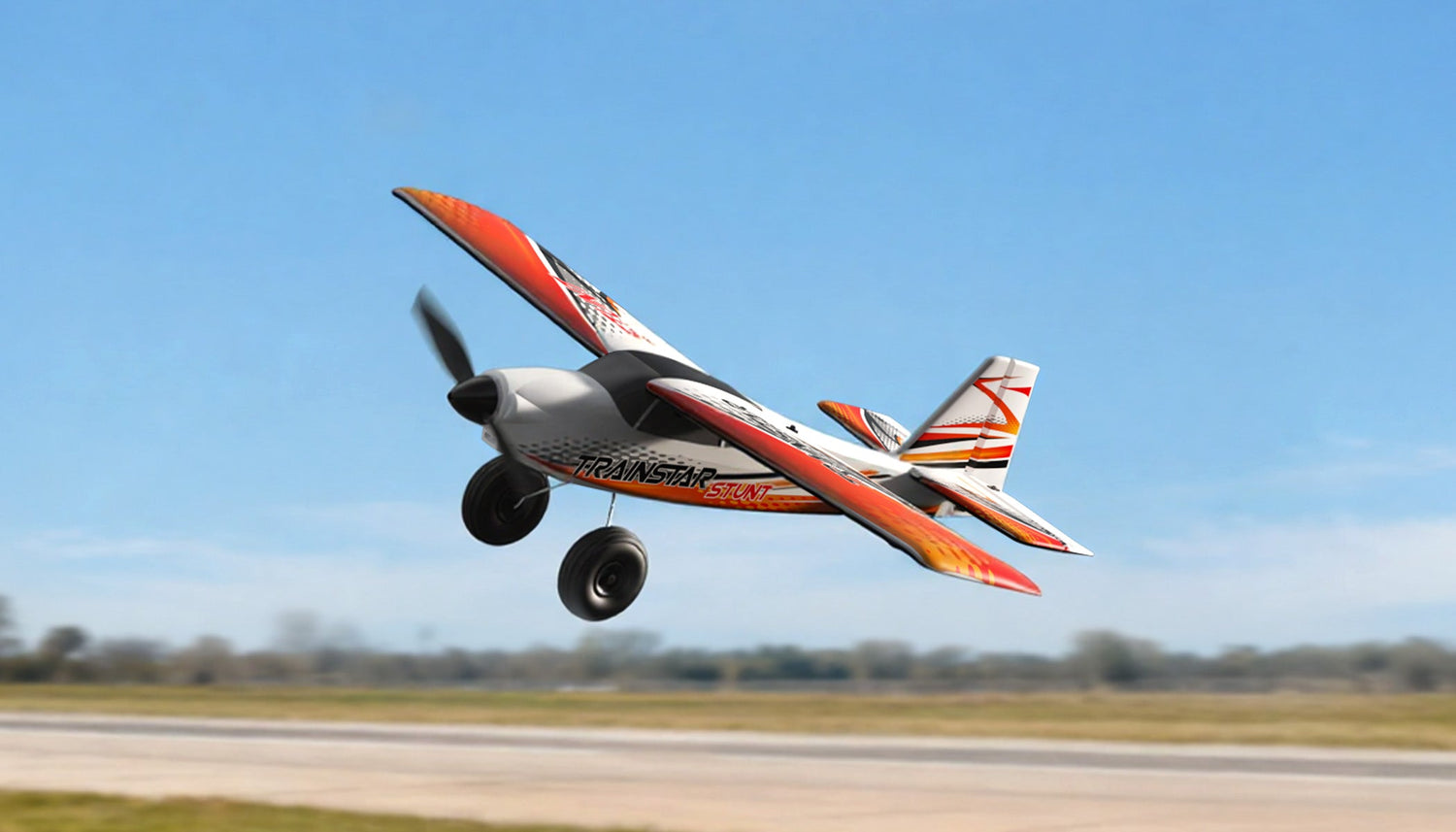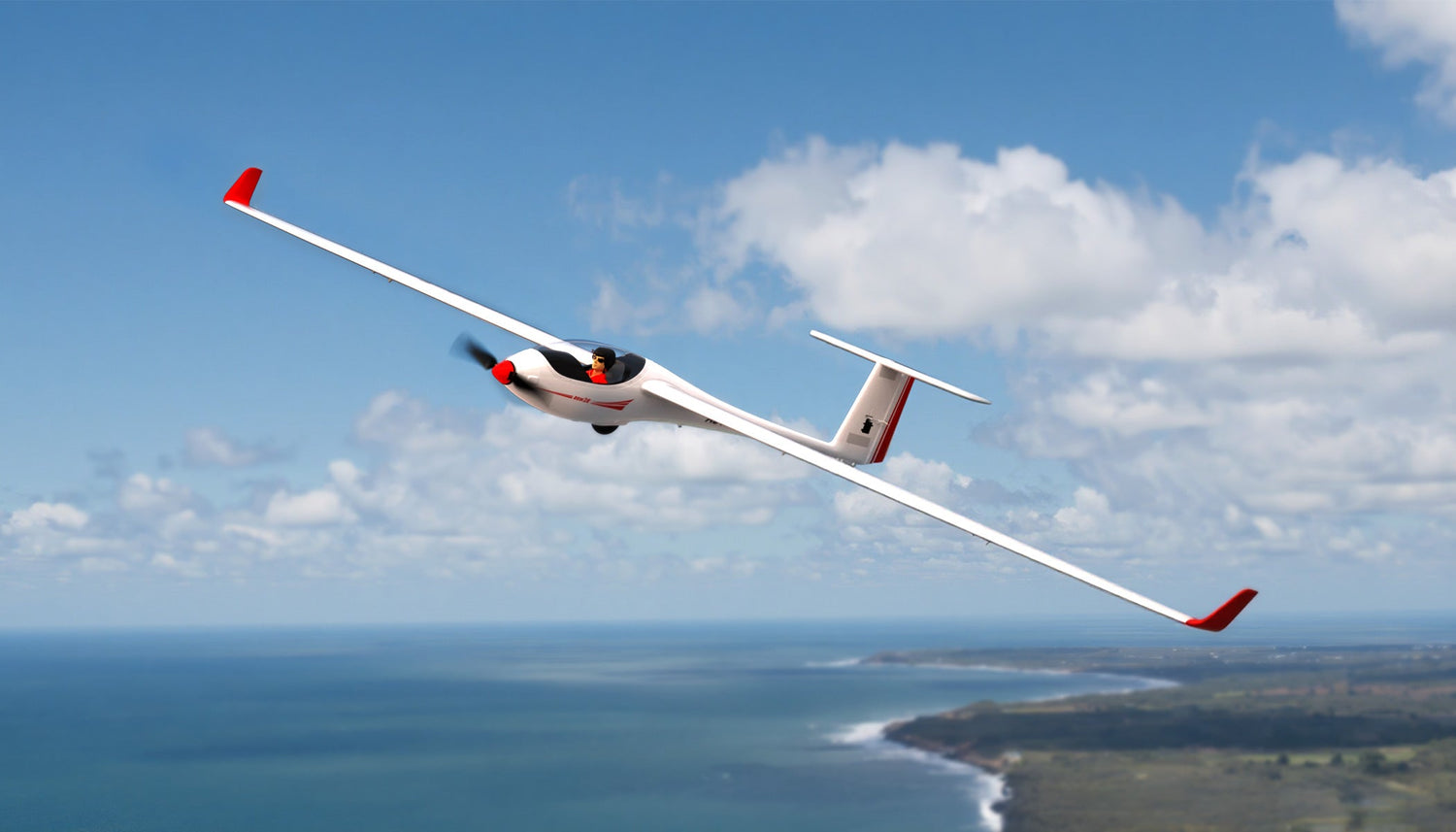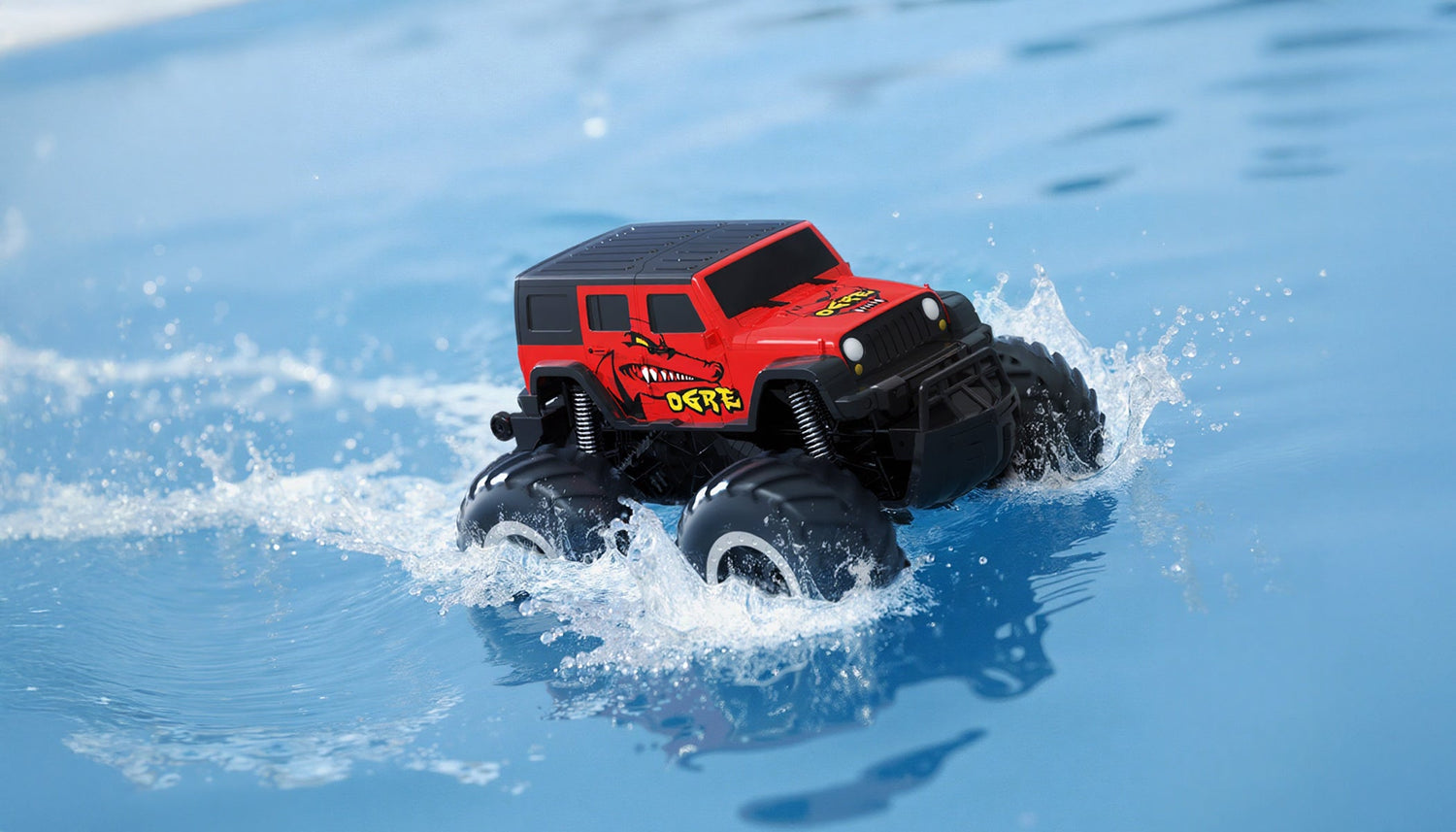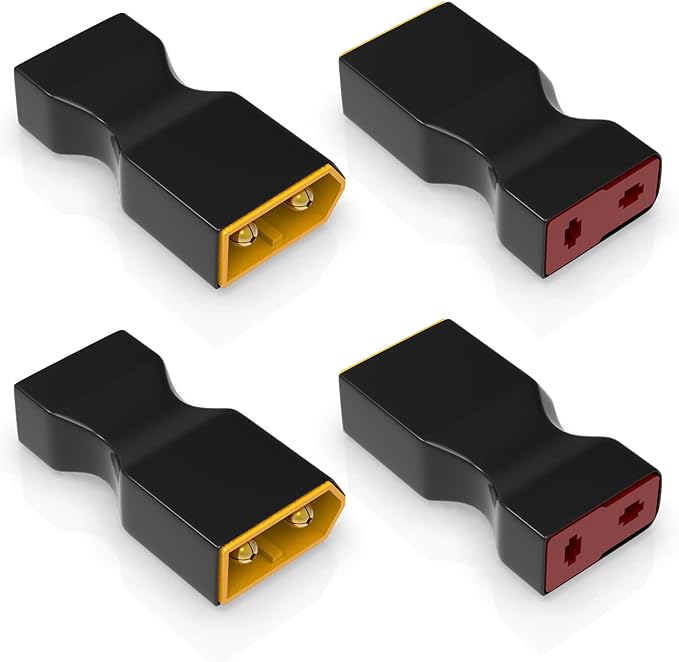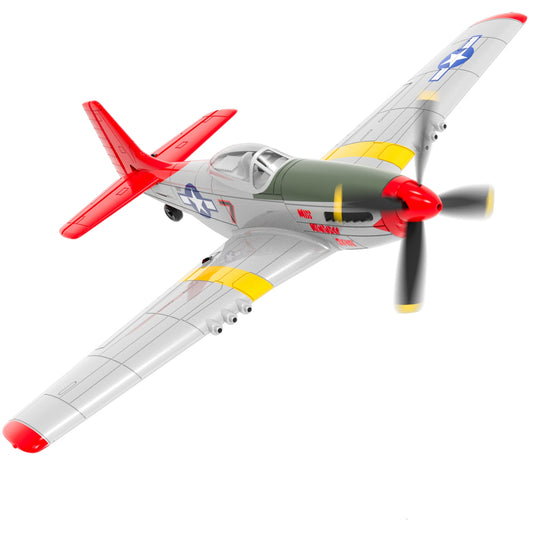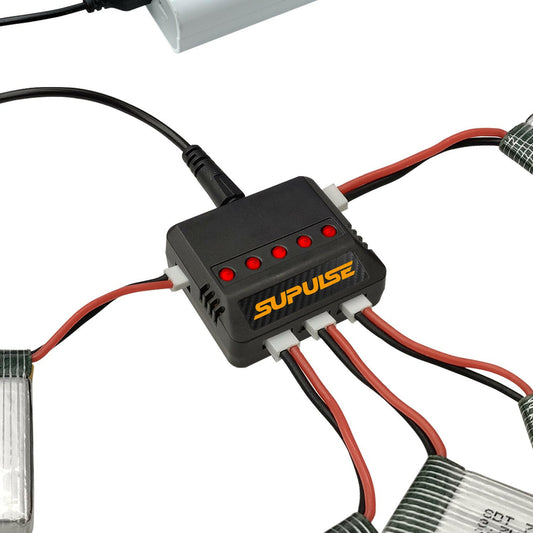Remote-controlled (RC) cars are small vehicles you operate with a handheld device. They range from simple toys to advanced models that can race at high speeds or tackle rough terrain. If you're new to RC cars and wondering if they make a good hobby, the answer is yes. This hobby offers fun, learning opportunities, and a chance to connect with others, making it appealing for beginners of all ages.
The Joy of RC Cars: Why People Love This Hobby
Driving an RC car brings excitement, whether you're speeding around a track or navigating obstacles in your backyard. The thrill of controlling a vehicle can help you unwind after a long day. Many enthusiasts find joy in meeting others who share their passion. Joining local clubs or online groups, like those discussed on Reddit, lets you swap tips and stories. For example, hobbyists often share how racing or building cars boosts their mood and builds friendships, as noted in community discussions on Grassroots Motorsports Forum.
RC Cars: More Than Just a Toy
Unlike basic toys, hobby-grade RC cars offer depth. They come in kits you can build or customize, teaching you about mechanics and electronics. As explained in Wikipedia’s entry on radio-controlled cars, these models use complex systems like nitro engines or brushless motors, which can spark interest in technical fields. For kids, this hands-on learning can inspire curiosity in STEM. Adults often enjoy the challenge of tweaking parts to improve performance, making the hobby rewarding beyond playtime.
Getting Started with RC Cars: A Beginner’s Guide
Starting with RC cars is straightforward. Ready-to-run (RTR) electric models, recommended by RC Geeks, are ideal for beginners because they require minimal setup. You’ll need a safe place to drive, like a park, driveway, or local track. Some areas have dedicated RC tracks where you can practice and meet others. Beginners should start with a simple model to learn controls before moving to faster or more complex cars. Checking local hobby shops or online guides, like those from RC Driver, can help you find the right setup.
The Costs of RC Cars: What to Expect
RC cars vary in price. A basic hobby-grade model costs around $100, while advanced ones can exceed $500, according to Wikipedia. Electric cars are cheaper to maintain than nitro or gas-powered ones, which need fuel and more upkeep. You’ll also need batteries, a charger, and occasional replacement parts like tires or gears. Budgeting for these ongoing costs ensures you can enjoy the hobby without surprises. For example, RC Driver notes that spare parts are widely available, making repairs manageable for beginners.
Building and Customizing: The Creative Side of RC Cars
Building an RC car from a kit is a big part of the hobby’s appeal. You can assemble parts like a puzzle, learning how each piece works together. Customizing lets you add personal touches, like new paint or upgraded motors, as highlighted by CarThrottle. This creative process allows you to make your car unique. For instance, swapping out a motor for a faster one can improve speed, while adjusting suspension helps with rough terrain. This hands-on aspect keeps the hobby engaging.
Racing and Competitions: Taking Your Hobby to the Next Level
Once you’re comfortable driving, racing can add excitement. Local tracks often host events where you can compete, as mentioned in EuroRC’s 2021 hobby trends. These races range from casual meetups to organized competitions with prizes. Joining a race teaches you about strategy and car tuning. Even if racing isn’t your goal, watching events or online videos can inspire you to improve your skills. Have you ever thought about testing your car against others?
RC Cars for All Ages: Fun for Kids and Adults Alike
RC cars appeal to both kids and adults. For children, they improve hand-eye coordination and teach problem-solving, as noted by Absolute Hobbyz. Parents can join in, turning it into a family activity. Adults often find RC cars nostalgic or a way to explore technical skills. The hobby’s flexibility means anyone can enjoy it, whether you’re 10 or 50. Sharing a track day with family or friends can make it even more fun. What age group do you think would enjoy this most?
Common Misconceptions About RC Cars
Some people think RC cars are too expensive or only for kids, but that’s not true. As discussed on Grassroots Motorsports Forum, entry-level models are affordable, and the hobby suits all ages. Another myth is that RC cars are hard to maintain. While they require care, electric models are simple, and online tutorials make repairs easy to learn. Others believe you need a big space, but a small yard or park works fine for most cars. Knowing these facts can ease worries for newcomers.
Tips for Choosing Your First RC Car
Picking your first RC car depends on a few factors. First, set a budget—$100 to $200 gets you a solid starter model. Next, decide between on-road cars for smooth surfaces or off-road ones for dirt and grass, as advised by RC Geeks. Electric cars are easier for beginners than nitro or gas models. Consider the scale, like 1/10 or 1/16, which affects size and speed. Brands like Traxxas or Tamiya, recommended by RC Driver, are reliable for newcomers. Visiting a hobby shop or reading reviews can help you choose. What kind of driving excites you most?
Table: Comparing RC Car Types for Beginners
|
Aspect |
Toy-Grade RC Cars |
Hobby-Grade RC Cars |
|---|---|---|
|
Cost |
$20–$100 |
$100–$500+ |
|
Speed |
Up to 15 mph |
30 mph to over 150 mph |
|
Maintenance |
Low, often disposable |
Higher, requires care |
|
Customization |
Limited |
Extensive, parts available |
|
Suitability |
Casual play, kids |
Serious hobby, all ages |
This table, based on Wikipedia and RC Geeks, helps you see the differences between toy-grade and hobby-grade cars, guiding your choice.
Engaging with the Hobby
To get the most out of RC cars, start small and experiment. Try driving in different places to see what you enjoy. Joining a local club or online forum can connect you with others who share your interest. Watching tutorials or reading guides, like those from Beginner RC Cars Guide, can boost your skills. Think about what part of the hobby excites you most—driving, building, or racing—and focus there. How will you start exploring this hobby?


